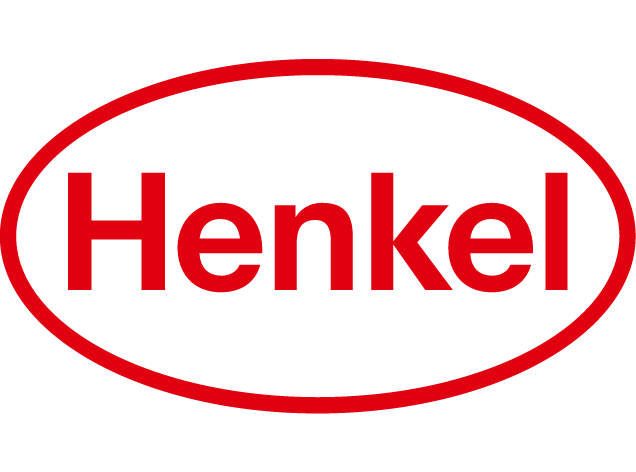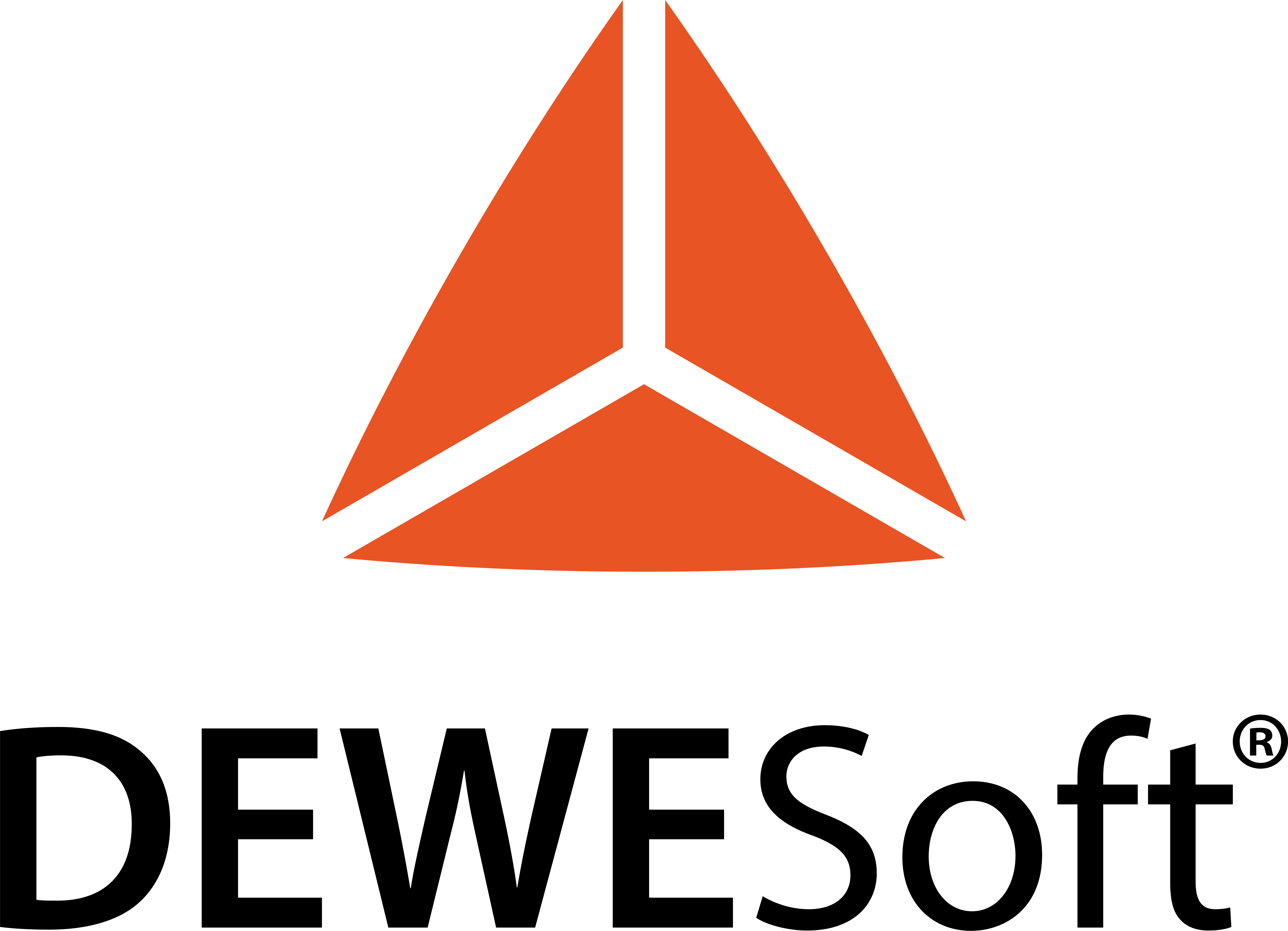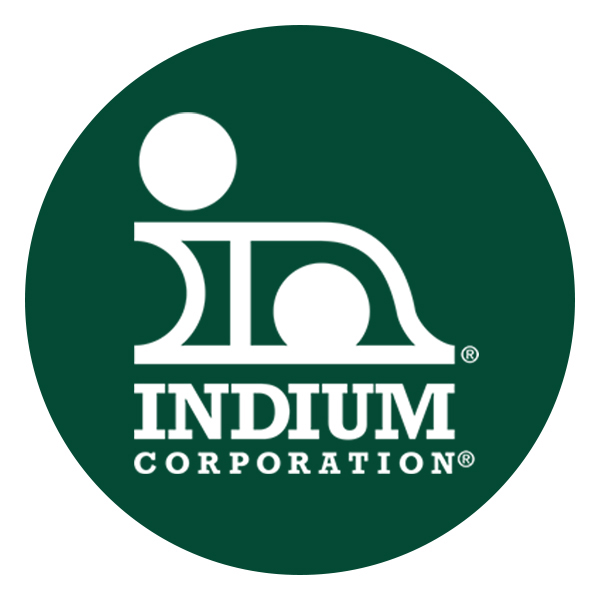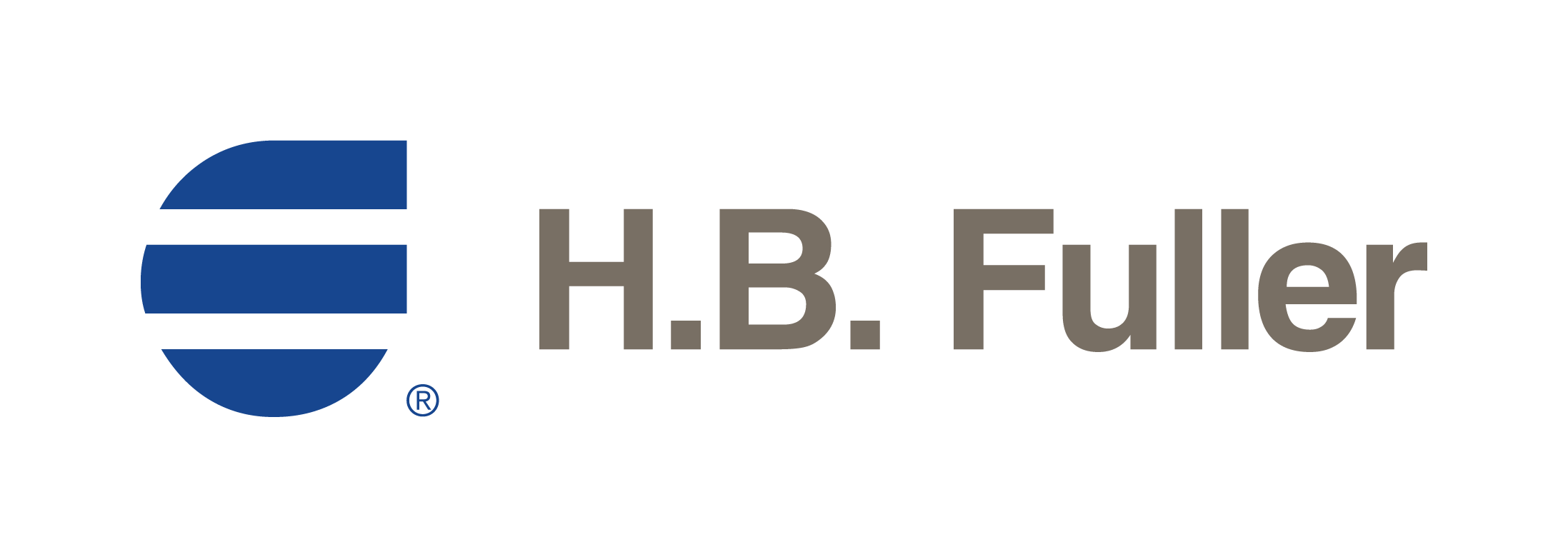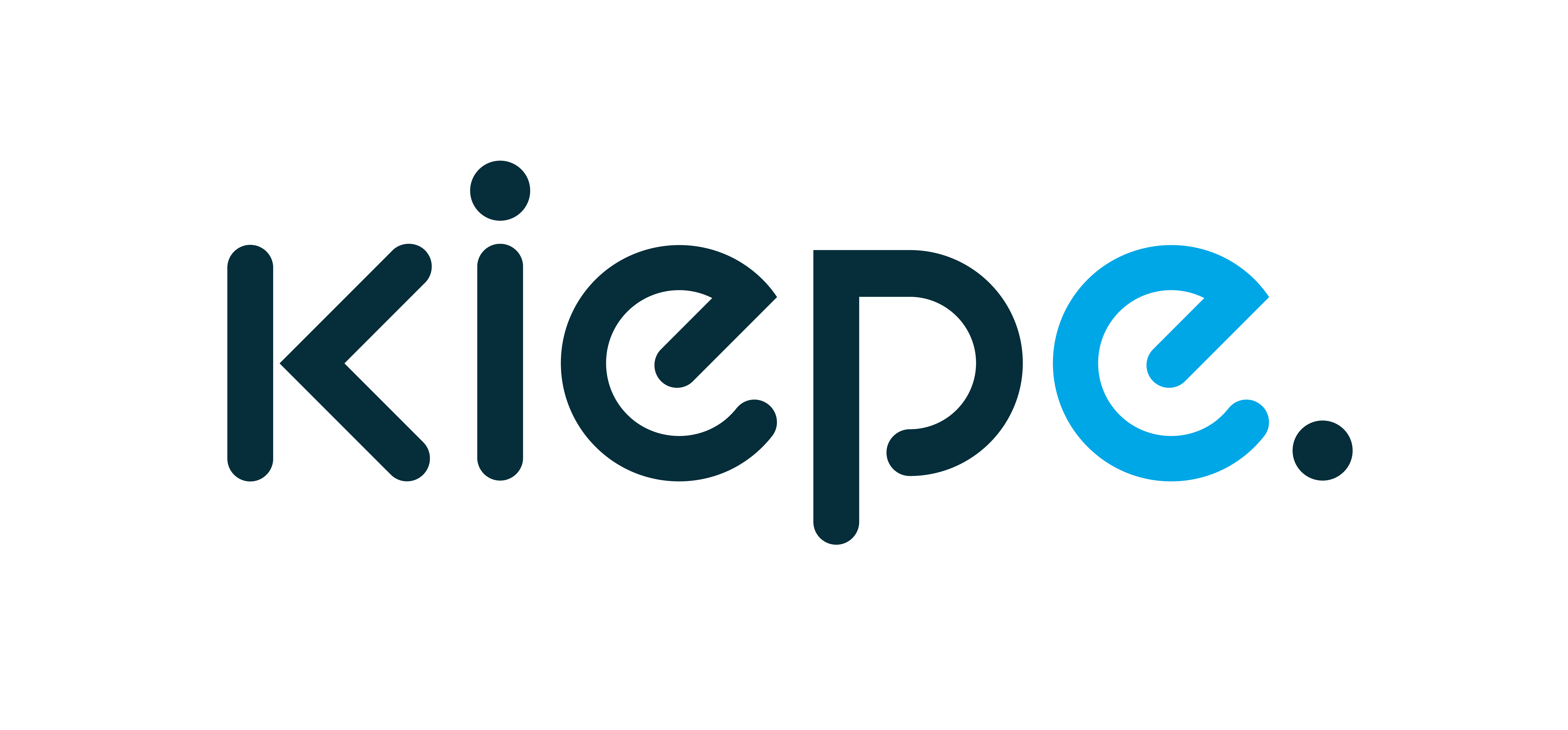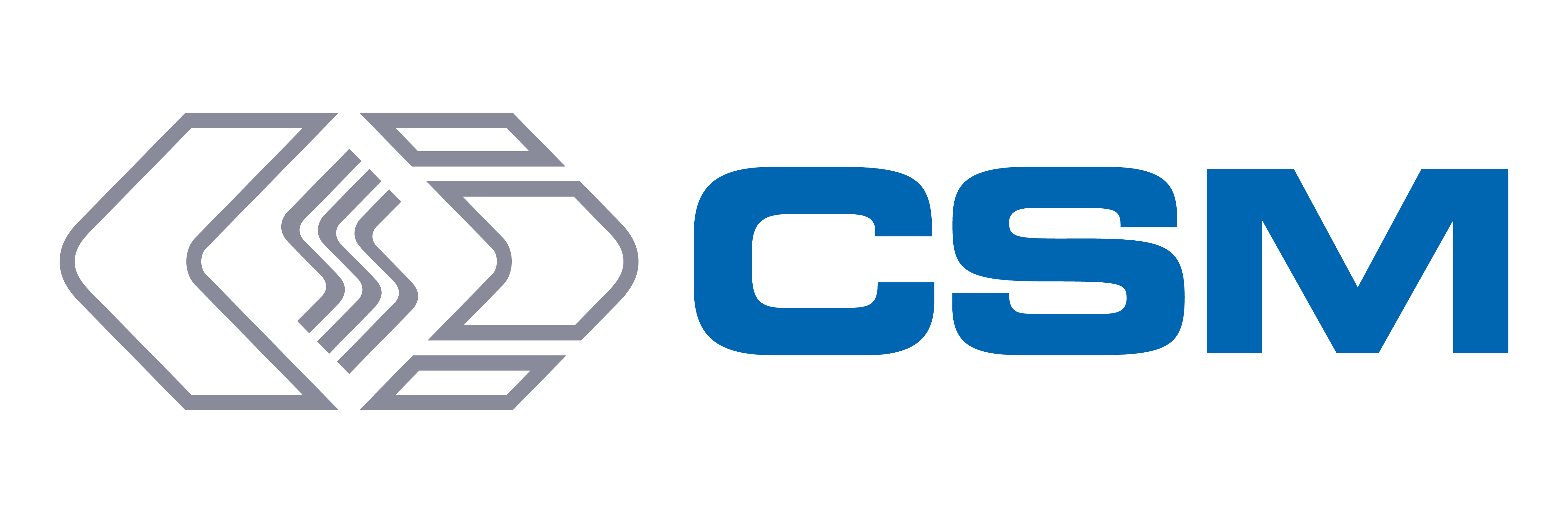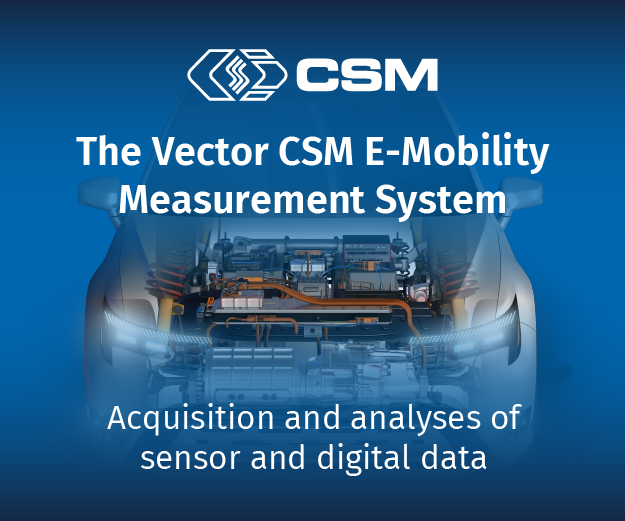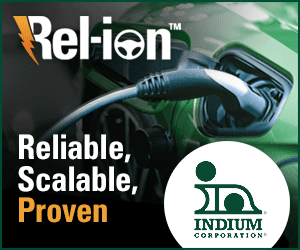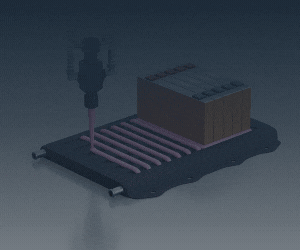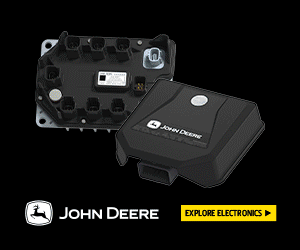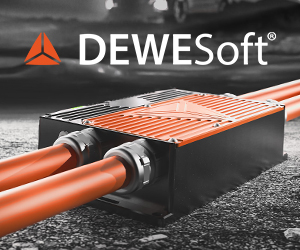First showing of new eVTOL vehicle with US certification
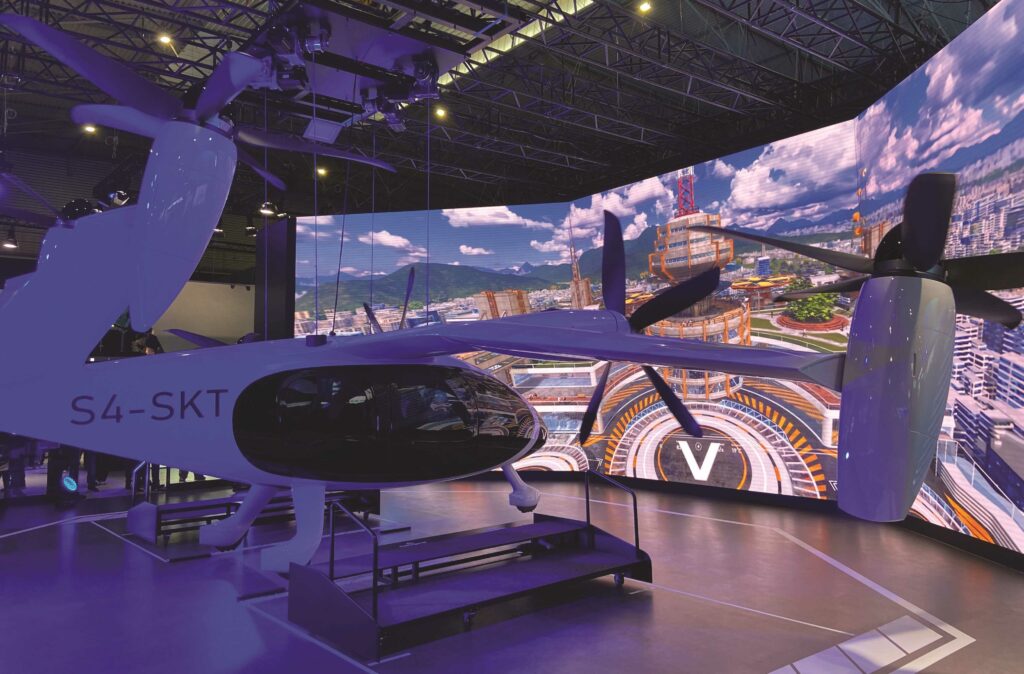
(Image courtesy of the author)
Joby Aviation has shown its electric vehicle take-off and landing (eVTOL) vehicle in Europe for the first time as it receives US certification for its propulsion systems, writes Nick Flaherty.
The certification plan, approved by the Federal Aviation Administration (FAA), is a critical step towards receiving type certification. The eVTOL was shown in Europe for the first time at the Mobile World Congress exhibition by partner SK Telecom.
The propulsion system is designed by Joby, and the certification plan covers the electric propulsion unit, propeller system, variable pitch actuation, coolant pump, nacelles and associated electrical wiring, clearly defining the route to certifying these systems for use in commercial passenger operations.
“We now have an approved path across our certification programme for all the structural, mechanical and electrical systems of our aircraft. This sets the stage for our team to execute against that path with a well-defined approach to for-credit testing and analysis as we continue to lead the industry towards certifying an electric air taxi with the FAA,” said Didier Papadopoulos, president of Aircraft OEM at Joby.
The FAA type certification process is a rigorous review of the design, manufacturing and performance of a novel type of aircraft, requiring the applicant company to demonstrate that every aspect of its aircraft meets applicable safety regulations.
With all but one certification plan accepted and the final document now under FAA review, Joby is nearing completion of the third of five phases of the type certification process. It is now focused on the fourth stage, covering detailed testing and analysis across the aircraft’s components and systems.
Joby has recently received its Part 145 Maintenance Certificate from the FAA, allowing the company to perform select maintenance activities on aircraft and marking another key step on the path to commercialising Joby’s electric air-taxi service.
The company has already delivered its first two S4 aircraft to the US Air Force, which will have a 100-mile range with a pilot and four passengers, and a top speed of 200 mph. US space agency NASA will also use the aircraft for research, focusing on how they could fit into the national airspace.
The aircraft, which are the first to be built on Joby’s Pilot Production Line in Marina, California, are stationed at Edwards Air Force Base for the next year, with charging and ground-support equipment provided on base by Joby in a facility that was purpose-built by the Air Force for joint flight-test operations.
The US Air Force and Joby will conduct joint flight testing and operations to demonstrate the aircraft’s capabilities in realistic mission settings. Operations will include the training of Air Force pilots and aircraft maintenance crews ahead of the launch of a commercial passenger service in 2025.
The eVTOL vehicle currently uses commercial automotive lithium-ion pouch cells with an energy density of 288 Wh/kg, which turns into 235 Wh/kg at pack level.
Joby also owns H2Fly, which recently completed a series of piloted flights with its HY4 hydrogen electric demonstrator aircraft. This is fitted with a hydrogen-electric fuel-cell propulsion system and liquid hydrogen, which powered it for a flight of over three hours.
The use of cryogenically-cooled liquid hydrogen increases the range of the HY4 from 466 miles (750 km) to 932 miles (1500 km) with the same tank, marking a key step for mid- to long-range aircraft.
ONLINE PARTNERS

